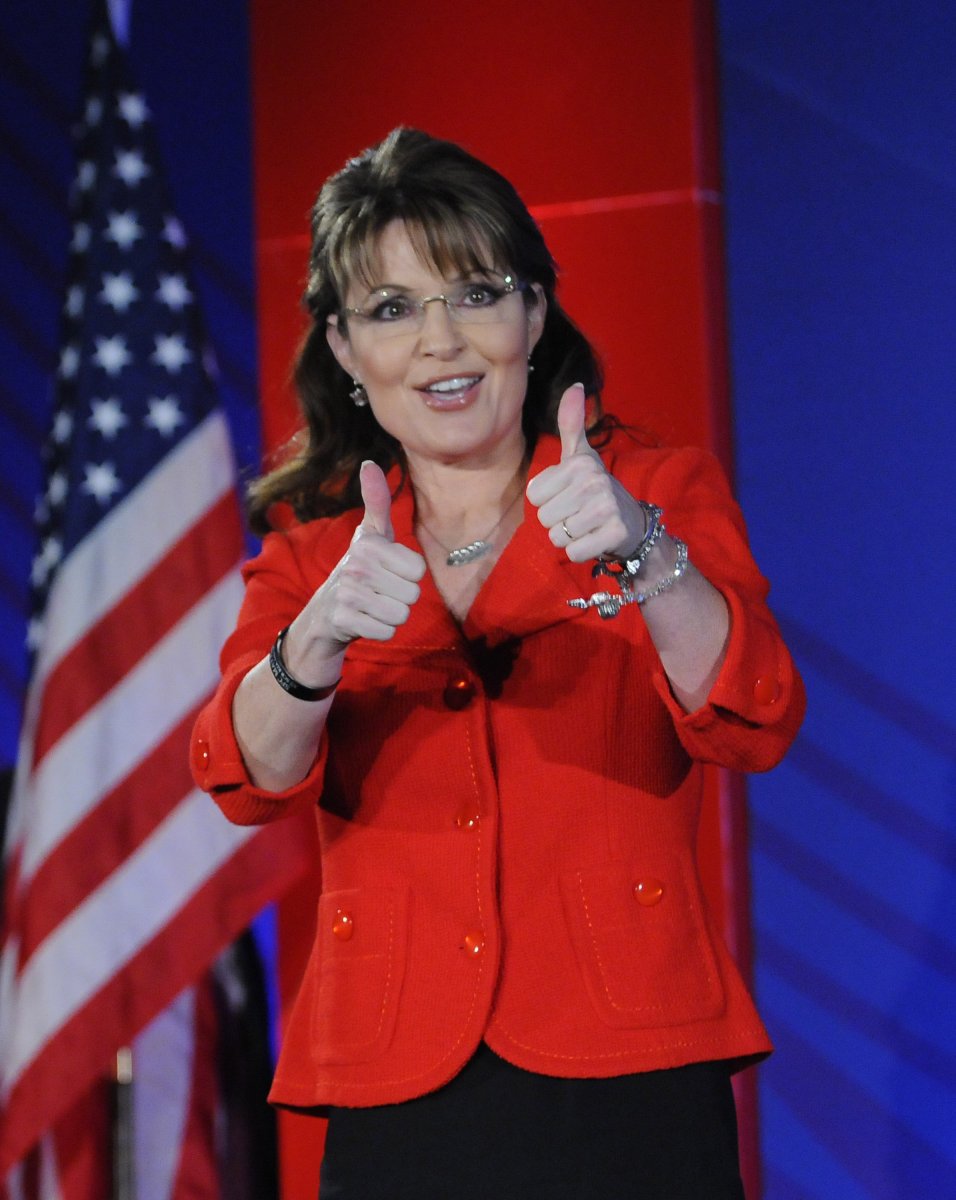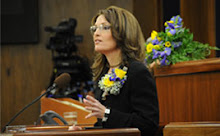It is time for Americans to take a stand up against this expansion of government while we still have the rights guaranteed to us by our Constitution. In five short months in office, Barack Obama, with the help of a Democratic Congress, has made possible devastating inroads by government into the private sector.
Obama's latest strategy has been to blame the economic crisis on the healthcare industry. Is our memory so short not to remember that the economic crisis started with the undermining of the housing market by bad lending practices put into place by bad legislation instigated by ACORN and signed by Jimmy Carter and Bill Clinton? To now blame the economic crisis on the healthcare industry so he can control it just like he is now controlling General Motors should be a wakeup call to all Americans.
Governor Palin is wise to resist the intrusion of Washington into local and state governments. If only we had more leaders like her!
Energy code overreaches
Rules best decided by local government
Gov. Sarah Palin, Community Perspective
newsminer.com
Published Tuesday, June 2, 2009
 I have taken many opportunities to explain the economic stimulus bill and problems created from increasing programs tied to accepting federal funds. My concerns with issuing record levels of government debt to pay for increases and the inevitable demand for state dollars to backfill the funding gap are a matter of public record.
I have taken many opportunities to explain the economic stimulus bill and problems created from increasing programs tied to accepting federal funds. My concerns with issuing record levels of government debt to pay for increases and the inevitable demand for state dollars to backfill the funding gap are a matter of public record.Alaska’s senior U.S. senator shared my concerns, stating: “Will schools, municipalities and jobs simply terminate after two years or will programs or positions be scaled back? … (T)he only other alternative to cutting the new programs and services is to ask the state to pick up the tab.”
Despite legislative leadership co-signing a cautionary letter with me outlining our concerns, legislators resolved to accept stimulus funds. Alaska’s budget reflects acceptance of most infrastructure and education funds.
However, I vetoed $28.6 million tied to adoption of universal energy building codes. The feds required me to certify these codes “will be implemented” or pushed on local communities.
My record is clear. I support energy conservation through weatherization and developing renewable energy. But, conditions here required more “big brother” government involvement than most Alaskans want, and the new codes could cost Alaskans thousands of dollars per new home and renovation.
Alaskans have a strong history of independence and opposition to Washington, D.C., meddling in local issues. Our Constitution ensures “maximum local self-government.” Our communities have had the option to adopt building codes for decades. Most have not done so.
I’ve served as a city councilwoman and city mayor-manager. I’ve participated first hand in the mandated-building code debate. Anyone serving in local office knows strong deference to local communities leads to the best policies. That policy holds true with building codes.
My community went through a battle over building codes when our booming city desired more growth opportunities to allow job creation. The last thing we needed was a bureaucrat from Washington, D.C., telling us what the best policy was to adopt.
Strings are definitely attached to federal dollars. With energy building codes, section 410(a)(2) and the Department of Energy’s official guidance required certifying several conditions before Alaska could receive funds.
One of these conditions related to energy building codes, and the department gave two options to meet it:
1. The state “will implement” the 2009 International Energy Conservation Code for new homes and renovations; a “building energy code (that meets or exceeds Standard 90.1-2007) for commercial buildings throughout the state;” and adopt and pay for a plan of “active” enforcement.
I could not certify this. The Legislature did not pass a bill adopting a statewide energy building code. One size does not fit all in Alaska. Plus, laws related to residential building codes when AHFC funds are used allow an exemption due to the “high cost of implementation” in different areas of Alaska. The federal residential building code does not allow exemptions.
2. All “applicable units of local government that have authority to adopt building codes, will implement” the residential and commercial building codes mentioned above and these codes would need to be enforced.
I could not certify this either. Alaska communities have the right to determine for themselves whether to adopt building codes. I asked the feds to clarify their position. Governors from other states such as Missouri and Wyoming also questioned section 410 and the official agency position on mandated building codes.
The department finally admitted section 410 and their previous statements were “inappropriate” for some states but still wanted an agreement to push model codes on all Alaskan communities. I said no.
Beware of Washington, D.C., trying to cajole local community leaders to eliminate the choices Alaskans have when building or renovating homes and businesses. These new codes could cost thousands of dollars to comply with and are so detailed they would dictate the kinds of lights that can be installed in a home in Chugiak and how thick window panes must be in Chignik.
We have hundreds of millions of dollars already budgeted for conservation, weatherization and renewable energy development. My administration will remain vigilant for Alaskans and oppose mandates or pressure to conform from Washington D.C. bureaucrats.
Sarah Palin was elected governor of Alaska in 2006. She was elected to the Wasilla City Council in 1992 and 1995 and as Wasilla mayor in 1996 and 1999.

































No comments:
Post a Comment